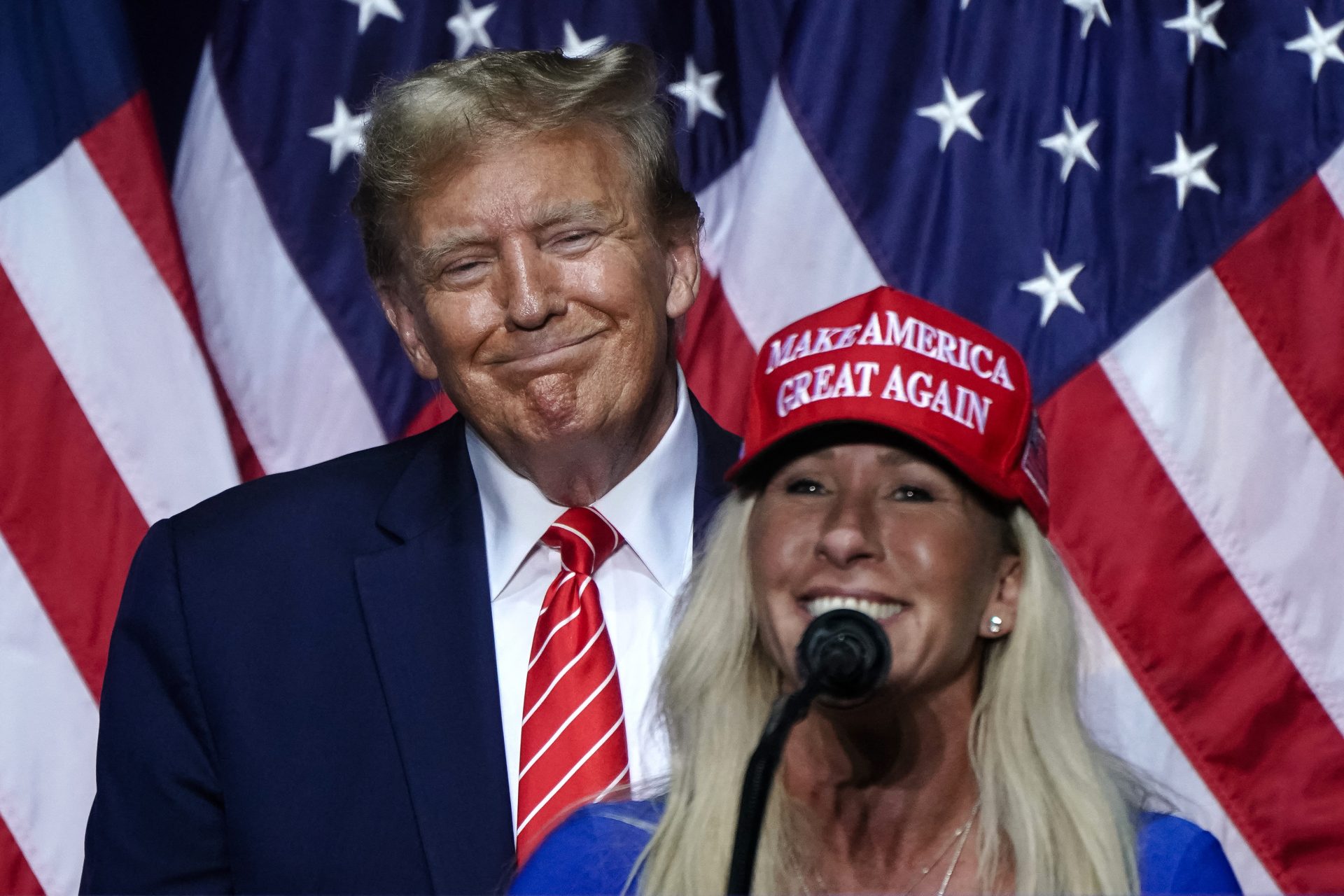Scientists discover the first case of virgin birth among crocodiles
Researchers have documented the first instance of virgin birth by a crocodile in a case that has baffled scientists ever since its discovery was made. But what really happened and how common is it for animals to reproduce using only one set of genetic material?
Back in 2018, a female American crocodile at Costa Rica’s Parque Reptilandia laid a number of eggs in its zoo enclosure. This isn’t an uncommon occurrence at most zoos but it was at the Parque Reptilandia because the crocodile in question was living alone.
The 18-year-old crocodile laid roughly 14 eggs according to Reuters and the situation got even more puzzling when after three months of incubation, one of the eggs laid by the female croc was found to contain the fully formed fetus of a stillborn baby crocodile.
Female crocodiles sometimes build nests and lay eggs in the absence of male partners according to Yahoo News. But up until now, there has never been a case of those eggs being fertilized, the news organization added, which complicated the Costa Rica case.
None of the eggs laid by the crocodile should have contained a fully formed baby since the mother had been obtained at the age of two by Parque Reptilandia and had been kept away from other crocodiles for her entire life according to a report from BBC News.
The peculiarity of the situation led zoo officials to contact Dr. Warren Booth, an expert in virgin births that has been studying the phenomenon of parthenogenesis for over 11 years. Booth examined the fetus and what he found came as a shock to zookeepers.
The crocodile fetus was a 99.99% genetic match to its mother, confirming that it was the result of virgin birth and the first recorded case of parthenogenesis found in a crocodile.
BBC News noted Booth was particularly surprised by the discovery and said that it was really quite common and well spread. ''We see it in sharks, birds, snakes, and lizards.”
“There was a big increase in reports of parthenogenesis when people started keeping pet snakes,” Booth added. “But your average reptile keeper doesn't keep a crocodile,"
One theory as to why some animals are capable of giving birth through parthenogenesis is because they’ve gained the ability as a means to combat dwindling numbers or when their species is on the verge of going extinct according to the report from BBC News.
Booth told BBC News reporter Pallab Ghosh that this may have been what happened to the dinosaurs when they were met with dwindling numbers as a result of environmental changes and hypothesized that parthenogenesis was a very evolutionary mechanism.
“The fact that the mechanism of parthenogenesis is the same in so many different species suggests that it is a very ancient trait that has been inherited throughout the ages… this supports the idea that dinosaurs could also reproduce this way,” Booth said.
Brandon Sideleau is a crocodile specialist and he spoke to Yahoo News about the virgin birth at Parque Reptilandia, calling the case “very impressive” but noting it wasn’t a big surprise since crocodiles were part of an animal group that made them closer to birds.
"What people don't know is that crocodilians are actually archosaurs… So crocodilians are actually much more closely related to birds than any other living animal," Sideleau said, adding it was no surprise crocodiles reproduced without a male since birds could.
Warren Booth published the results of his findings from the case at Parque Reptilandia in the journal Biological Letters, and together with a group of co-authors, wrote that the discovery offered insights into the reproductive capabilities of living and extinct animals.
“With [vertebrate facultative parthenogenesis] now documented in the two main branches of extant archosaurs, this discovery offers tantalizing insights into the possible reproductive capabilities of the extinct archosaurian relatives of crocodilians and birds, notably members of Pterosauria and Dinosauria,” the study’s authors wrote.
More for you
Top Stories





























